
The Astrology Of Fate
 In The Astrology of Fate, Liz Greene tackles a weighty but fascinating topic. In astrology, Pluto is said to play a significant role in determining one’s destiny, and it has also been called “the keeper of life’s deepest, darkest secrets.” This book is an exploration of the hidden aspects and threads that run through an individual’s life, family, and the collective, with the underlying assumption that everything happens for a reason, even great, dramatic epoch-making events. For a very long time, philosophers have debated whether or not man possesses free will and can ultimately affect the outcome of events. The unconscious mind, according to psychologists, is where most of our hidden impulses and intentions originate from, so determinism is often linked to this area of the mind. It is widely held that a person’s life story, script, and destiny are all based on the recurring pattern that forms over time.
In The Astrology of Fate, Liz Greene tackles a weighty but fascinating topic. In astrology, Pluto is said to play a significant role in determining one’s destiny, and it has also been called “the keeper of life’s deepest, darkest secrets.” This book is an exploration of the hidden aspects and threads that run through an individual’s life, family, and the collective, with the underlying assumption that everything happens for a reason, even great, dramatic epoch-making events. For a very long time, philosophers have debated whether or not man possesses free will and can ultimately affect the outcome of events. The unconscious mind, according to psychologists, is where most of our hidden impulses and intentions originate from, so determinism is often linked to this area of the mind. It is widely held that a person’s life story, script, and destiny are all based on the recurring pattern that forms over time.
One simple formulation of the free will debate among psychologists goes as follows. Are we ultimately responsible for the subconscious? Something that we might not be aware of. Then, others claim that everything we think, say, or do belongs to us and that, like it or not, no one else has any control over it. It’s something we need to own up to and take responsibility for
What is the ultimate truth about ourselves? Various answers suggest themselves: we are a bit of stellar matter gone wrong. We are physical machinery – puppets that strut and talk and laugh and die as the hand of time pulls the strings beneath. But there is one elementary inescapable answer. We are that which asks the question. Sir Arthur Eddington
As Alice Bailey explains, a person’s unconscious determines his or her fate, but “when man gradually becomes consciously aware, he or she gains greater power over his or her ultimate fate.”
Jung is credited for pointing out the following:
The Psychological rule says that when an inner situation is not made conscious, it happens outside, as fate. That is to say, when the individual…does not become conscious of his inner contradictions, the world must act out the conflict and be torn into opposite halves.
According to astrology, Pluto stands for the desire for life-altering experiences that propel forward personal growth. Pluto is also thought to symbolise “absolute knowledge” of one’s own necessities and future desires in the context of one’s unfolding life, as well as the idea that “arrangements” are being made behind one’s back.
We think of a human being as a distinct definable creature, and its life as complex: …”a glorious accident” a perpetual instruction in cause and effect” “a flame that is always burning itself out” …”a play of passion” ” a comedy to those who think, a tragedy to those who feel”.
Liz Greene has no idea if we’ll be able to alter our destinies or if they’ll shift as we go. Years of research led Greene to the conclusion that some people are more or less fated on a literal level than others, but nobody knows if this is true. There are far more fate-related questions this raises than anyone could hope to answer in one lifetime.
Fate means: It has been written. For something to be written with much immovability by an utterly unseen hand is a terrifying thought. It implies not only powerlessness, but the dark machinery of some vast impersonal wheel…..There is equal difficulty with the more mystical approach to fate, for by severing the unity of the body and spirit in order to seek refuge from the structures of fate, the individual creates an artificial disassociation from his own natural law, and may invoke from the outer world what he is avoiding in the inner. The Astrology of Fate
According to Charles Carter:
A woman with fixed squares voluntarily and cheerfully forsook her own life and lived in circumstances of extreme hardship all her life – and thoroughly enjoyed them. Thus free will enters in; we cannot alter the mainlines of our charts, but we can certainly follow them readily or reluctantly according to our own determination.
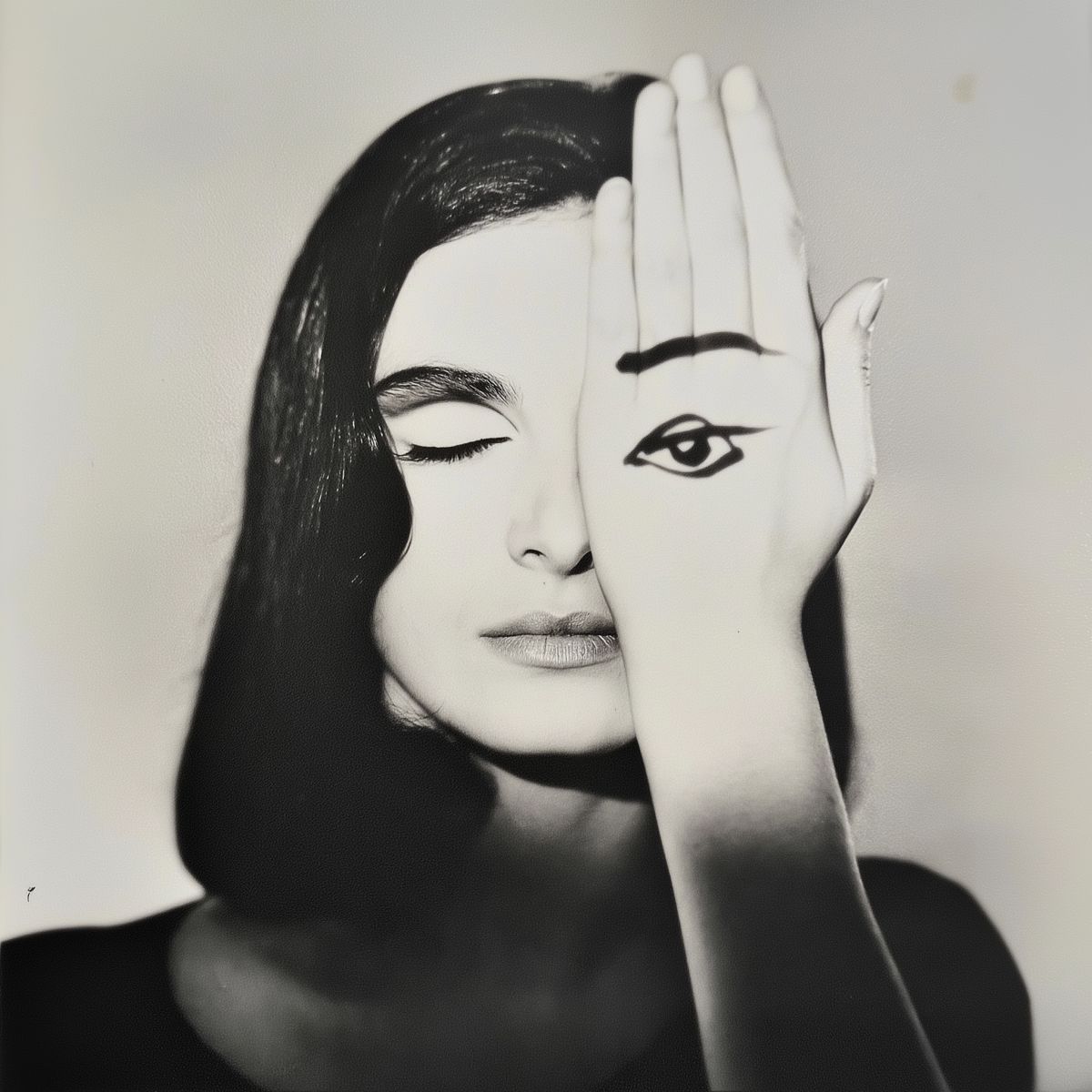

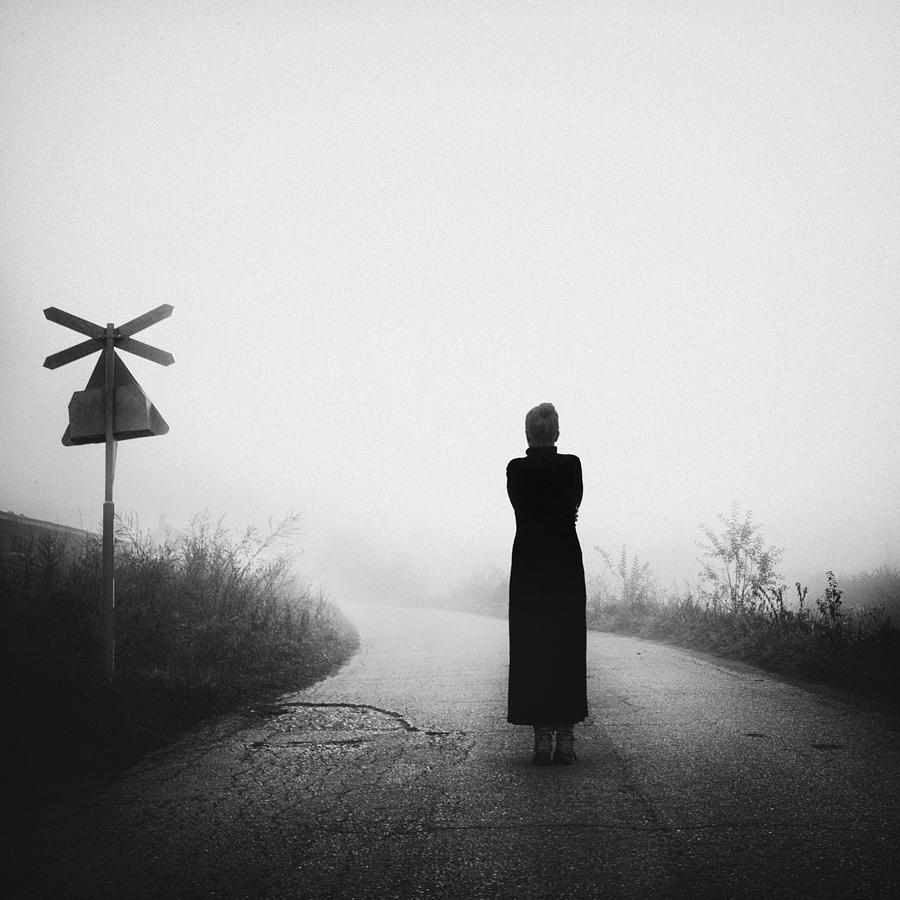
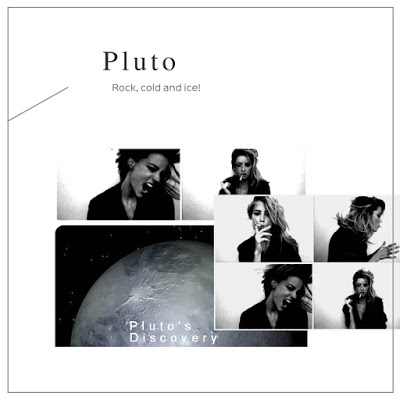

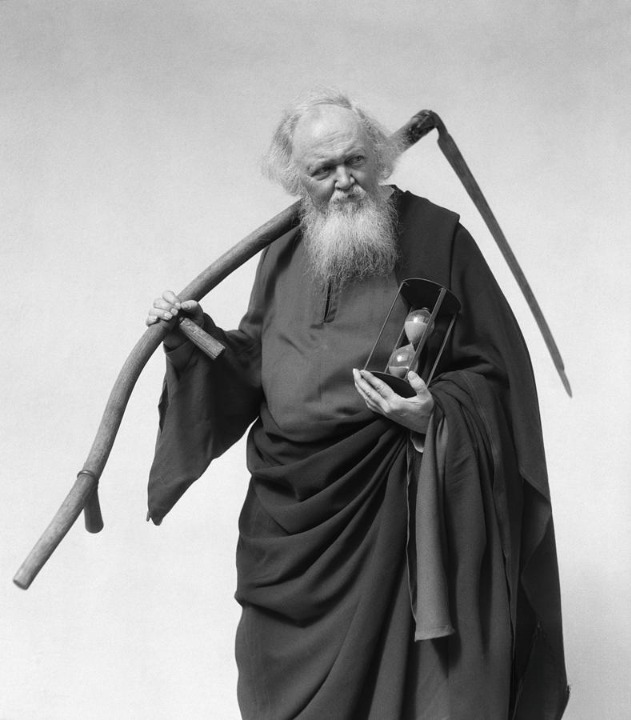
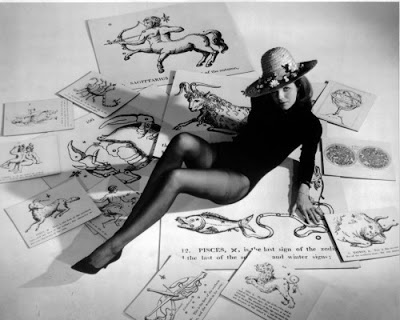







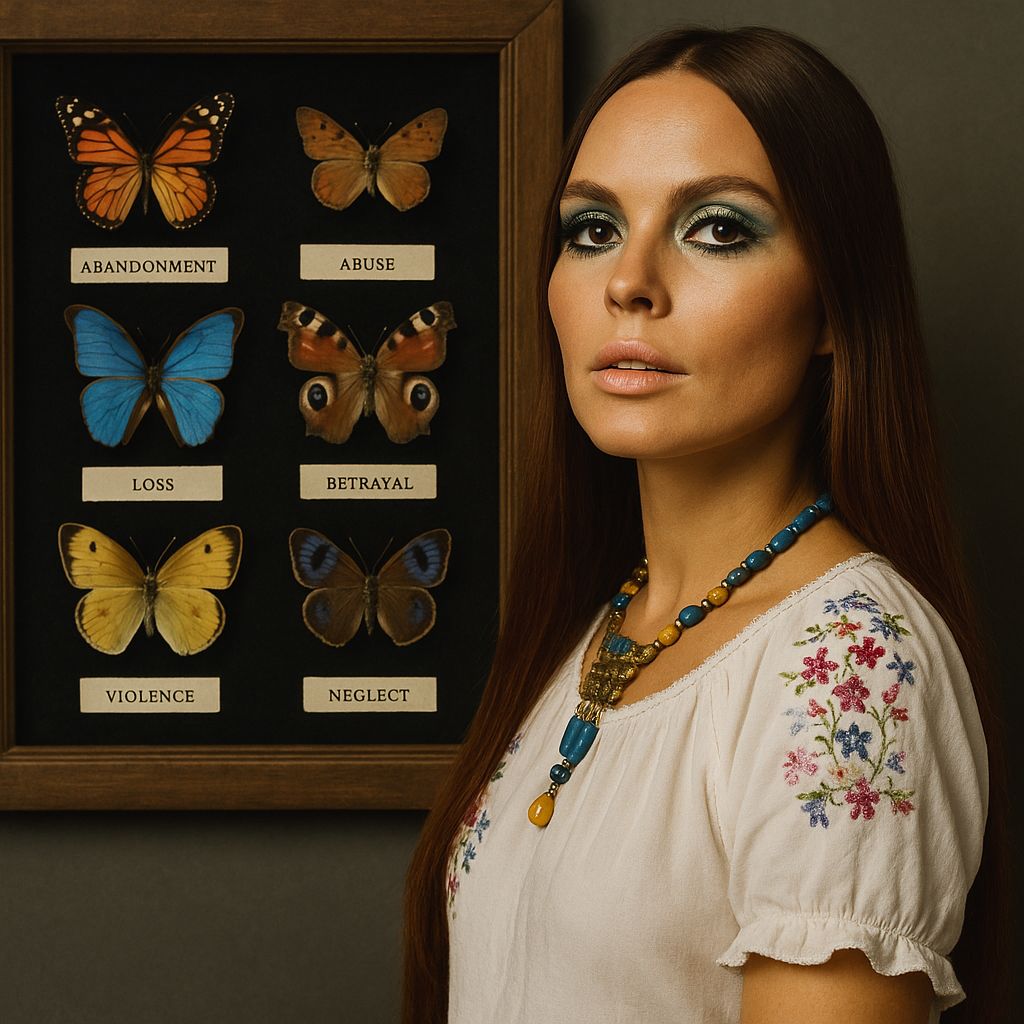
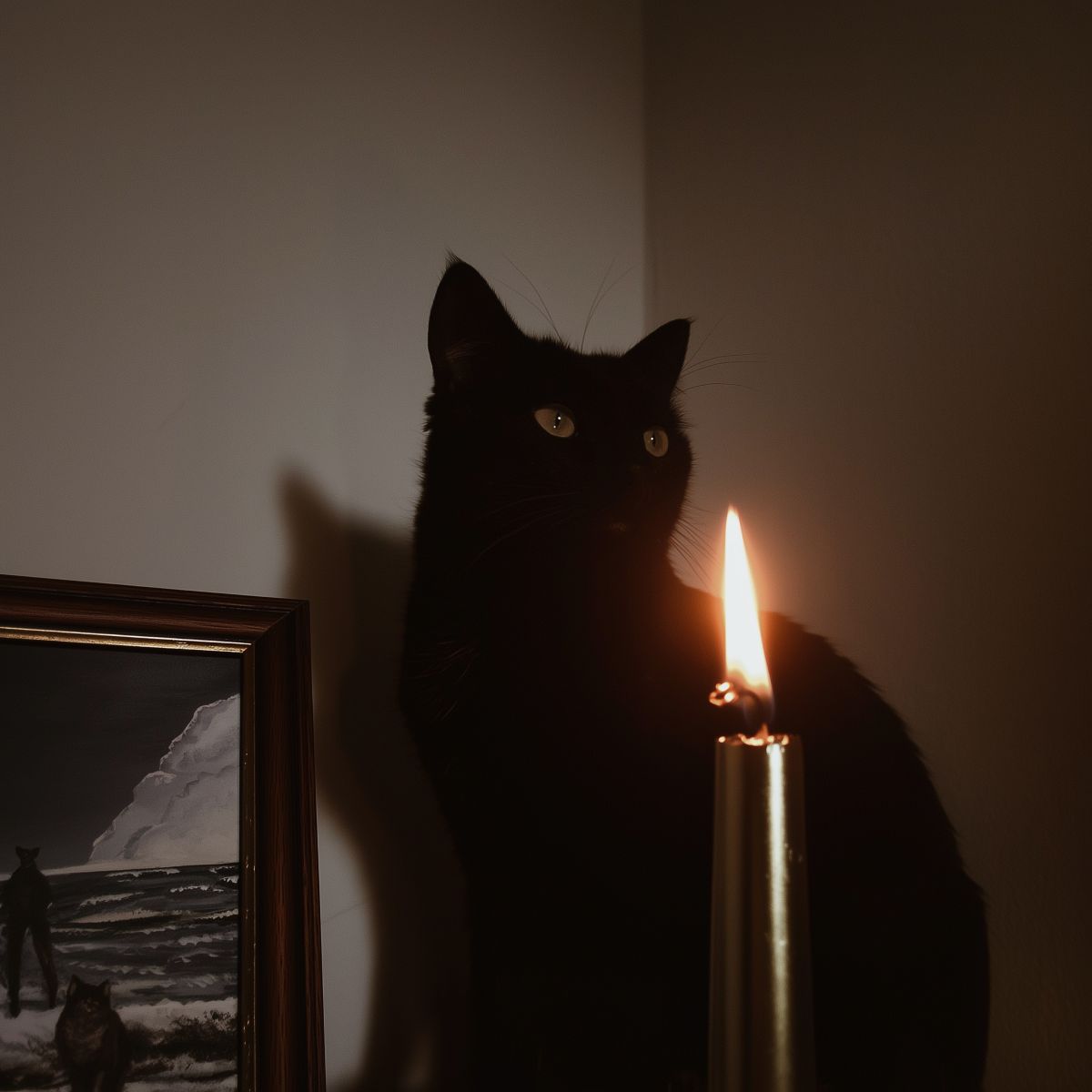
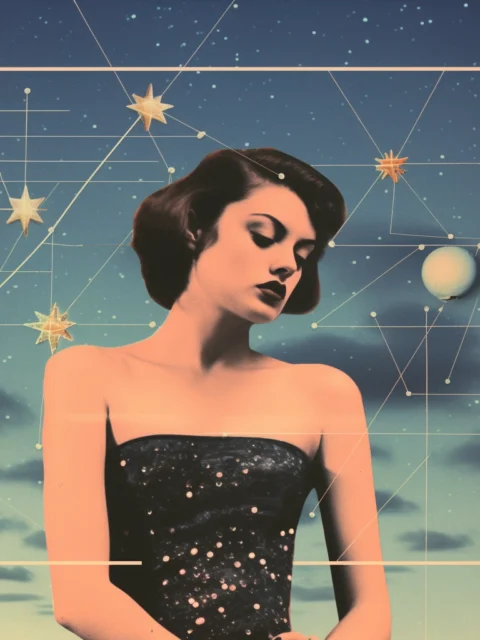
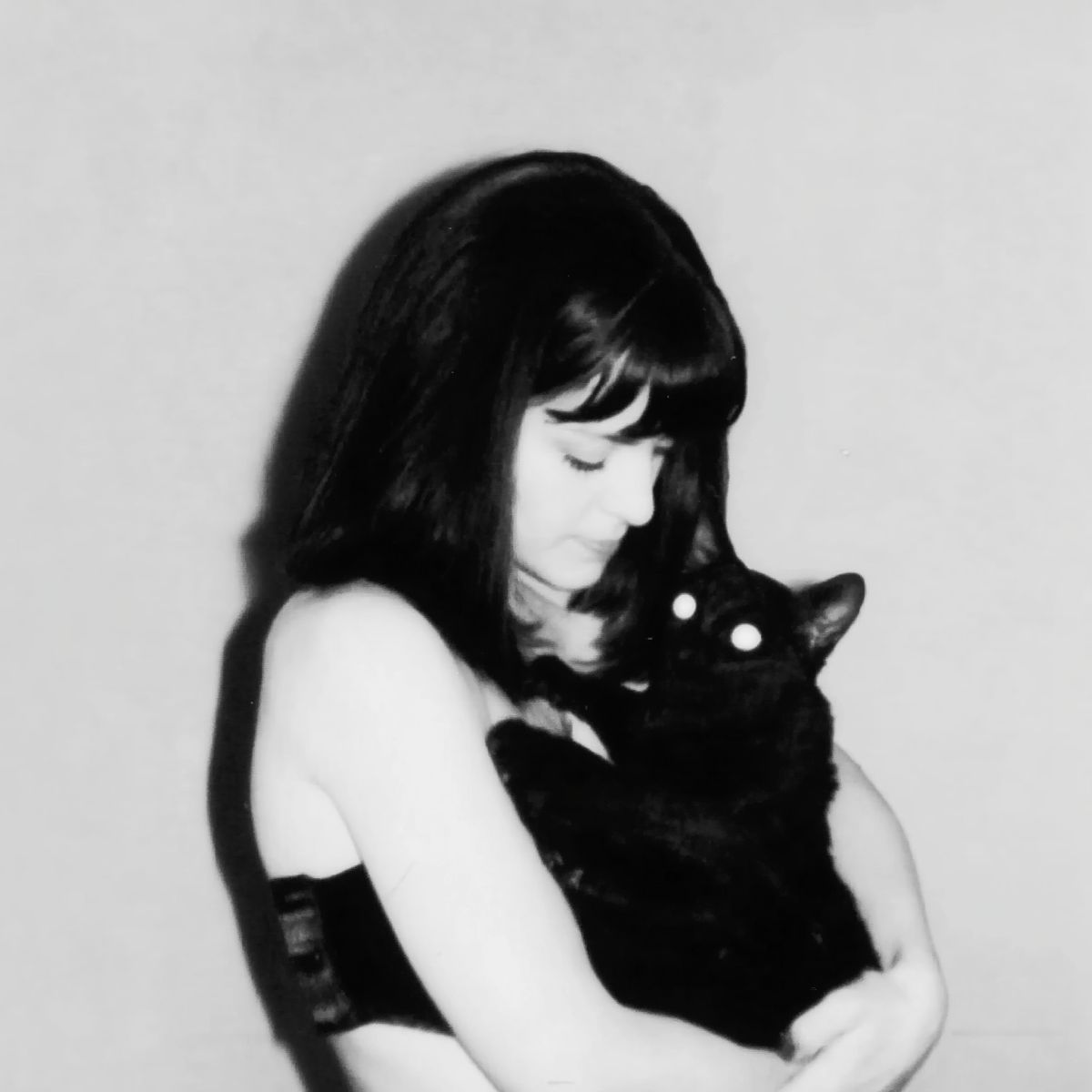

 Venus Trine Pluto: Dark Desires
Venus Trine Pluto: Dark Desires
 Mars Conjunct Pluto Synastry
Mars Conjunct Pluto Synastry
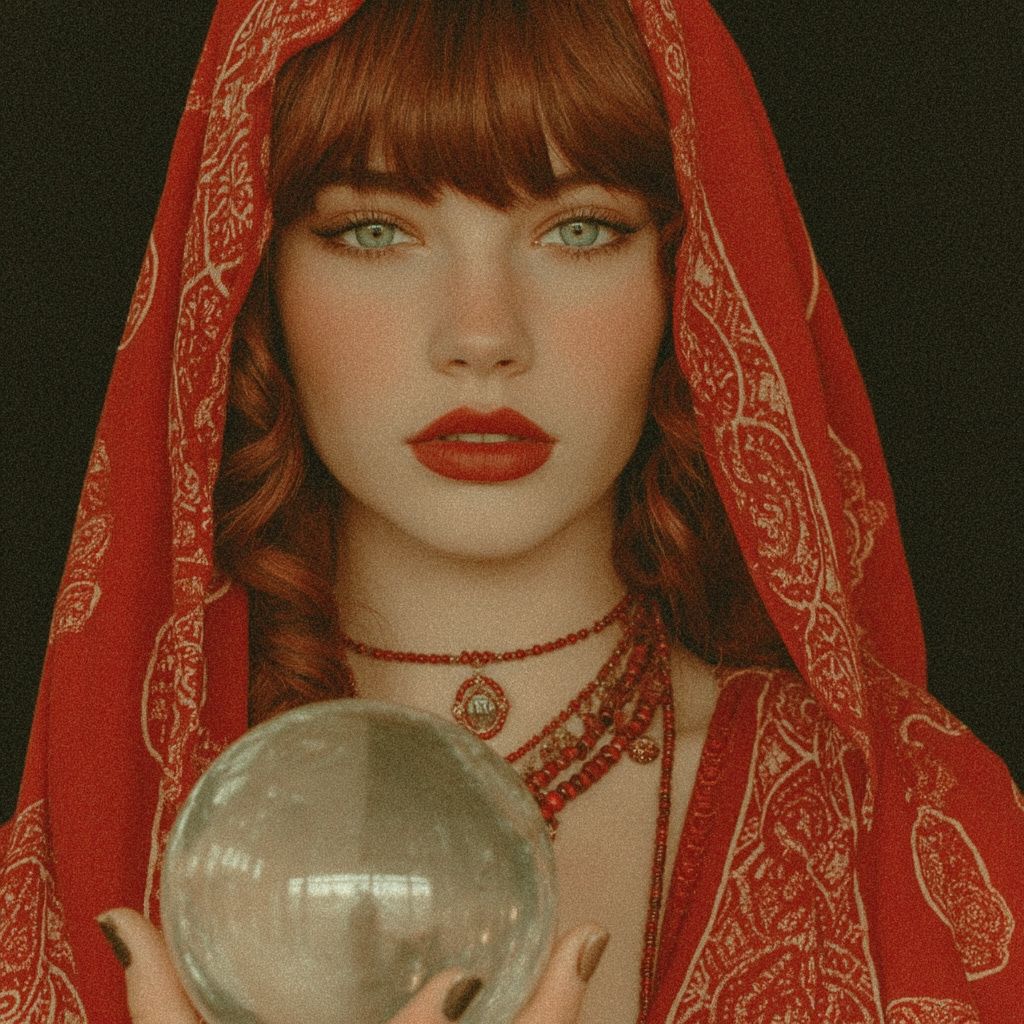 Moon Conjunct Mars Natal Aspect
Moon Conjunct Mars Natal Aspect
 Venus-Pluto Synastry: A Love So Powerful That It Might Just Kill Them
Venus-Pluto Synastry: A Love So Powerful That It Might Just Kill Them
 Sun Square Pluto Synastry: You’ve Got That Power Over Me
Sun Square Pluto Synastry: You’ve Got That Power Over Me
 Saturn in the 1st House: From Self-Doubt to Lasting Identity
Saturn in the 1st House: From Self-Doubt to Lasting Identity
 Venus Trine Mars Synastry
Venus Trine Mars Synastry
 Reflections on a Past Venus-Pluto Synastry Aspect
Reflections on a Past Venus-Pluto Synastry Aspect
 The Scorpio Teenager
The Scorpio Teenager
 Mars-Pluto Synastry: Something Quite Dark and Dangerous
Mars-Pluto Synastry: Something Quite Dark and Dangerous
 Mars in Aquarius: Sex drive
Mars in Aquarius: Sex drive
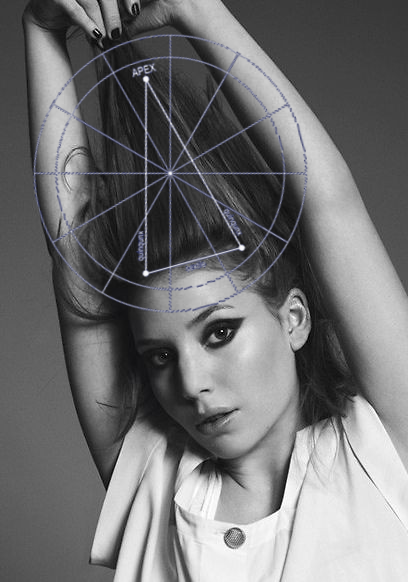 The Yod Aspect Pattern: The Mystical Power of the “Finger of Fate”
The Yod Aspect Pattern: The Mystical Power of the “Finger of Fate”
 Sun Square Pluto Natal Aspect: I Am Titanium
Sun Square Pluto Natal Aspect: I Am Titanium
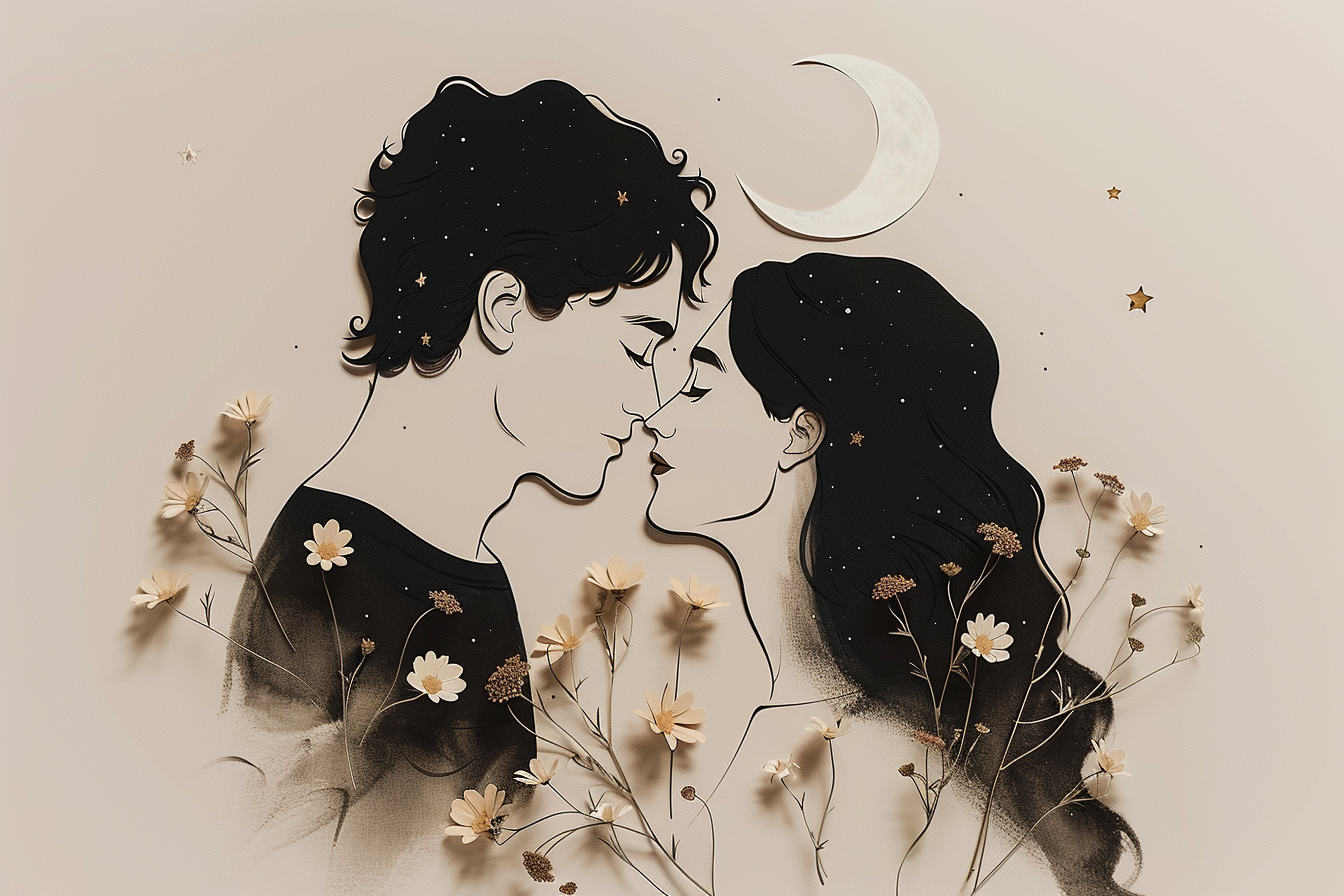 Emotional Understanding: Moon Trine Synastry Aspects Interpreted
Emotional Understanding: Moon Trine Synastry Aspects Interpreted
 Uranus Transits: 1st House: Winds of Change:
Uranus Transits: 1st House: Winds of Change:
 Moon Conjunct Pluto Synastry
Moon Conjunct Pluto Synastry
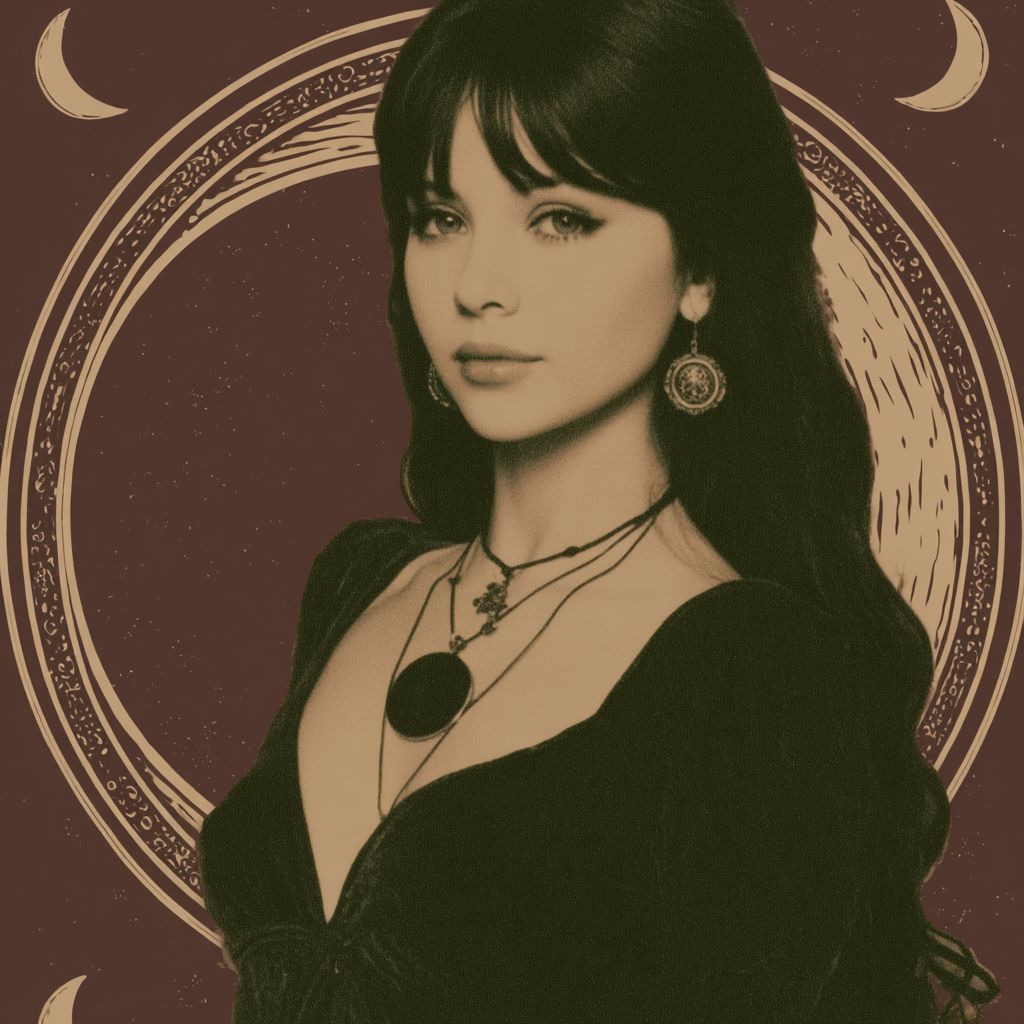 The Moon: The Goddess of the Night
The Moon: The Goddess of the Night
 Venus Conjunct Neptune Synastry: Euphoria and the Aftermath
Venus Conjunct Neptune Synastry: Euphoria and the Aftermath
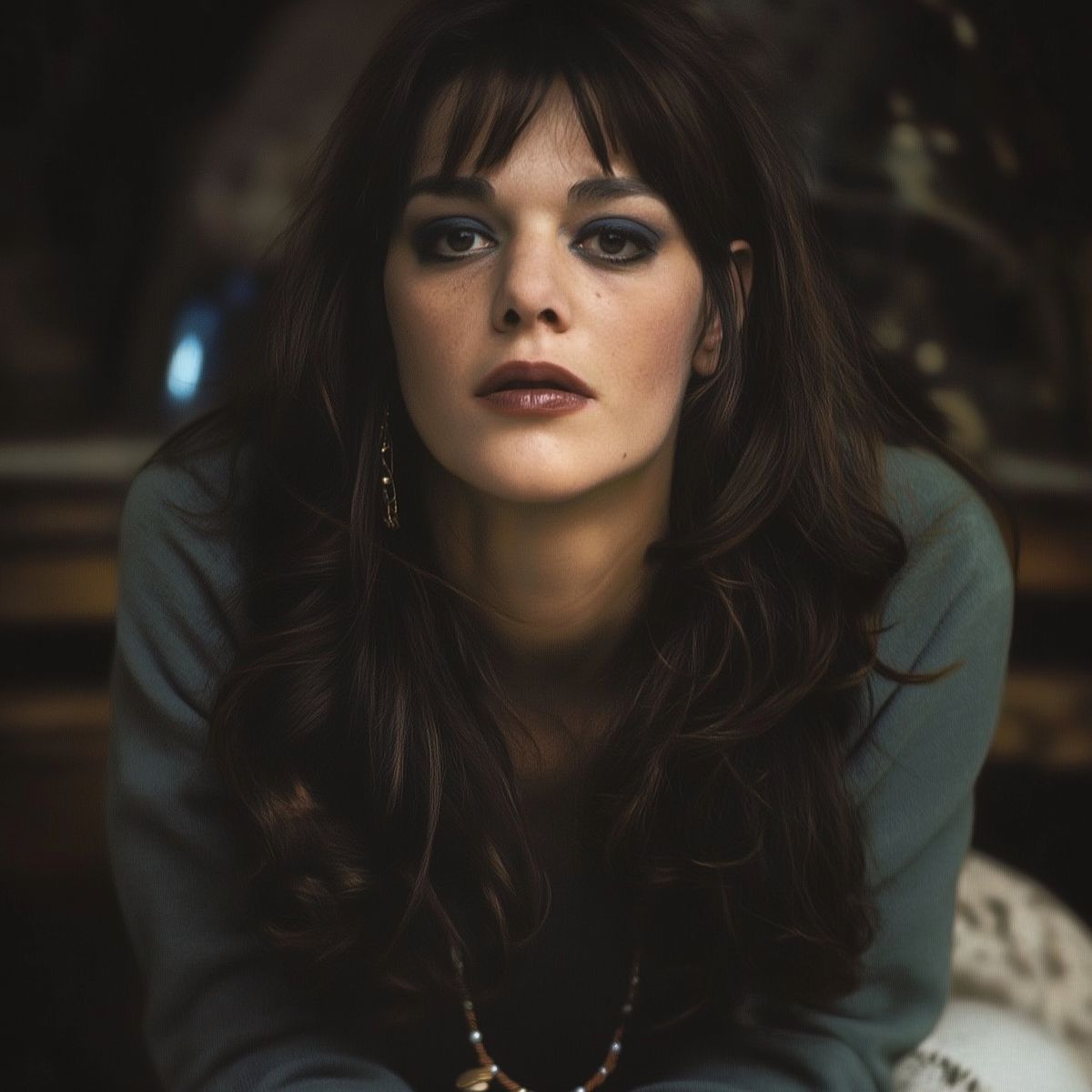 Saturn Transits Mars: When the God of Time Meets the God of War
Saturn Transits Mars: When the God of Time Meets the God of War
 Pluto in Libra in the 2nd House: Lessons on Self-Worth and Financial Independence
Pluto in Libra in the 2nd House: Lessons on Self-Worth and Financial Independence